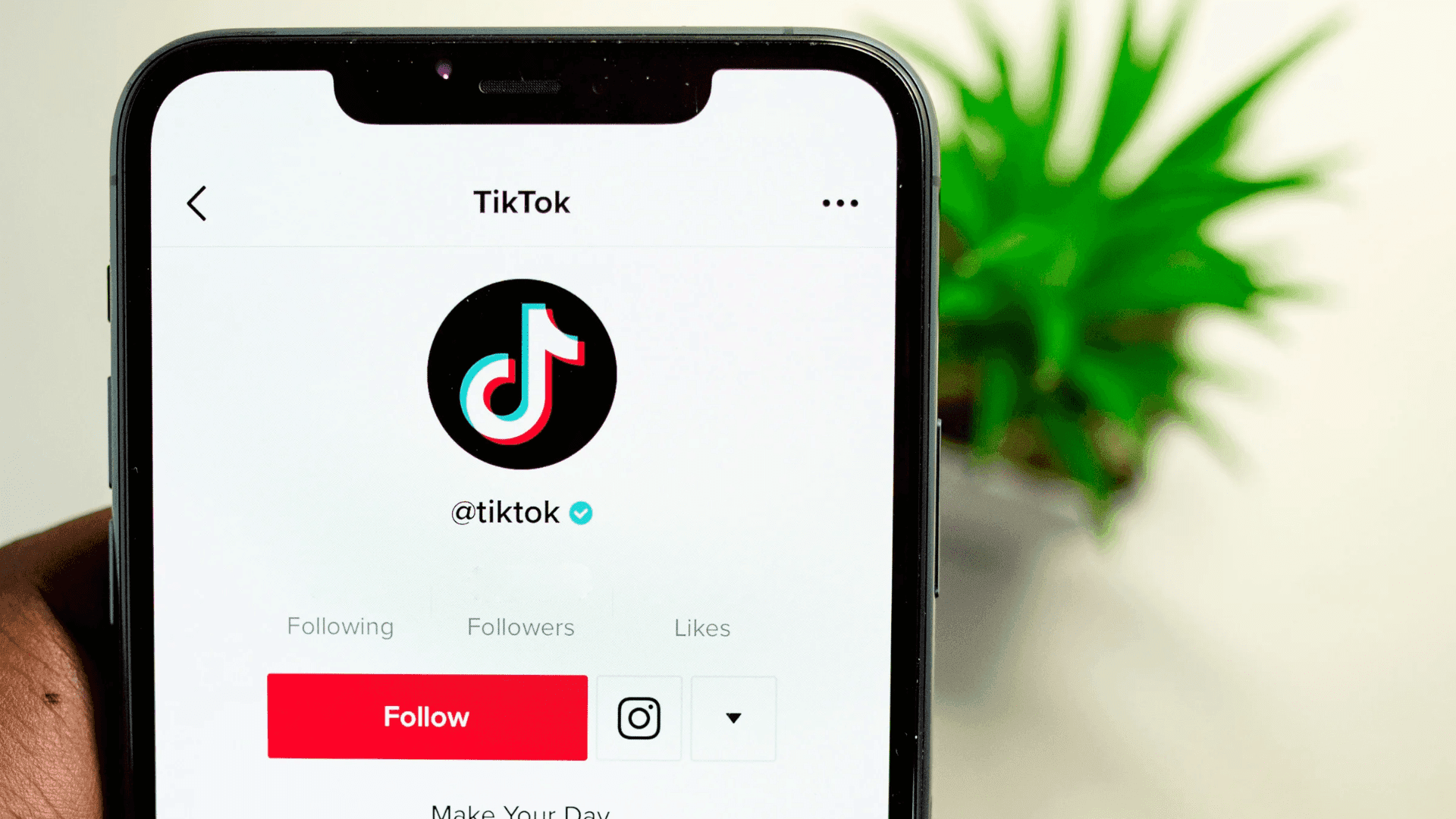Social Media
Research: TikTok eating disorder videos on the rise
Jun 12, 2022
Coded hashtags are leading to pots of eating disorder content
According to recent research conducted by the Centre for Countering Digital Hate, the number of views on TikTok content associated with hashtags previously identified as promoting eating disorders increased by 1.6 billion between November and January. However, TikTok claims to have taken steps to remove harmful material from its platform.
Content warning: this article contains references to eating disorders.
In December, a report released by the Centre for Countering Digital Hate uncovered the presence of “coded” hashtags on social media platforms. These hashtags were found to lead users to videos promoting unhealthy restrictive diets and “thinspo” content, which encourages harmful weight loss practices.

Lack of action from TikTok
Following the previous study, the organization conducted a new analysis of the same hashtags and discovered that only seven of them had been removed from the platform, and just three of them carried a health warning on the UK version of the app.
TikTok responded by stating that it has a policy against the promotion or glorification of eating disorders, and any content that violates this policy has been removed from its platform.
The Centre for Countering Digital Hate (CCDH) expressed concern that the hashtags it previously identified as promoting eating disorders were still present on the platform and had received an additional 1.6 billion views. Beat, the UK’s leading eating disorder charity, has also voiced its concern over this issue.
Adam Bolas, CEO & Founder of PixelPup, says “TikTok has so much content with so many different perspectives, some good, some bad – which is entirely down to your personal perspective. But the algorithms and motivations behind the system with the aim to draw as much attention as possible to the detriment of their users, primarily children and those most vulnerable, needs to be addressed and evidentially fixed immediately."

Responses from Parents and Charities
“TikTok is clearly capable of adding warnings to English language content that might harm, but is choosing not to implement this for English language content in the UK,” said Imran Ahmed, CEO of the Centre for Countering Digital Hate.
“There can be no clearer example of the way the enforcement of purportedly universal rules of these platforms are actually implemented partially, selectively, and only when platforms feel under real pressure by governments”, he added.
The latest research also reveals that the majority of individuals accessing content under these harmful hashtags are young people. According to the CCDH’s analysis of TikTok’s data analytics tool, 91% of views on 21 of the identified hashtags came from users under the age of 24. However, it’s important to note that this tool has limitations, as TikTok does not provide data for users under the age of 18.
“Every view represents a potential victim – someone whose mental health might be harmed by negative body image content, someone who might start restricting their diet to dangerously low levels,” he said.
In response to CCDH’s findings, a group of charities, including the NSPCC, the Molly Russell Foundation, and the American Psychological Foundation’s US and UK arms, have written a letter to TikTok’s Head of Safety, Eric Han, calling on the platform to enhance its moderation policies.
Response from TikTok
Responding to the findings, a spokesperson for TikTok said: “Our community guidelines are clear that we do not allow the promotion, normalisation or glorification of eating disorders, and we have removed content mentioned in this report that violates these rules.
“We are open to feedback and scrutiny, and we seek to engage constructively with partners who have expertise on these complex issues, as we do with NGOs in the US and UK.”




